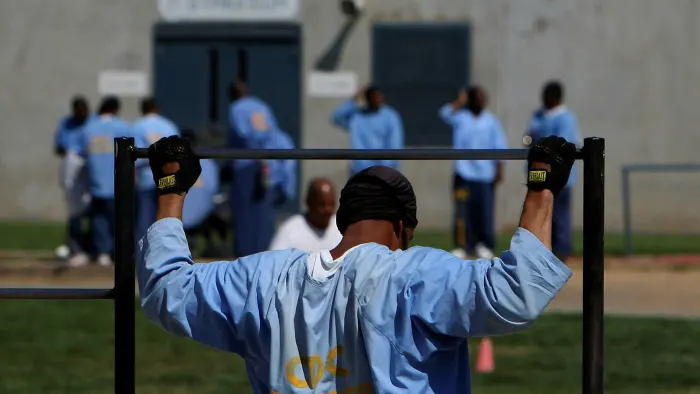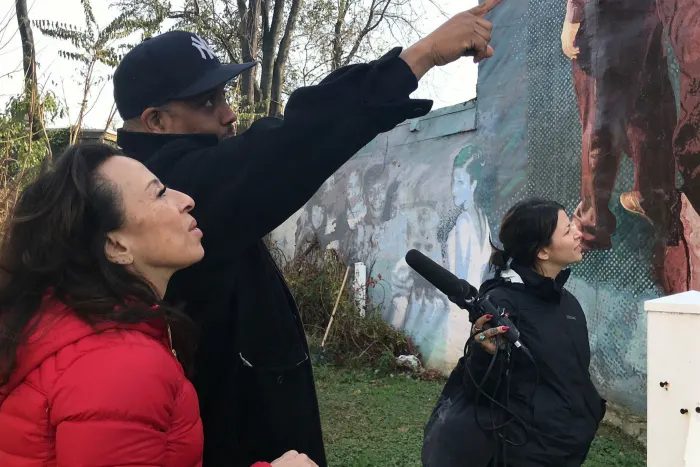US Justice Under Scrutiny in the Podcast Suave
The series explores issues such as race and poverty through the story of one young offender.

“There’s no parole in the state of Pennsylvania for lifers,” says David Luis Gonzalez, known as Suave (pronounced Suav-ay) to all who know him. “When you’re a lifer, they [ask] you, ‘Where do you want your body sent to when you die?’” In 1988, Gonzalez was sentenced to mandatory life imprisonment for the murder of a 13-year-old boy. He was 17 at the time. Suave, from Futuro Studios and PRX, is an unsettling seven-part podcast that tells the story of Gonzalez, who expected to live his whole life behind bars, and his friendship with the journalist Maria Hinojosa, who gave a talk at Graterford State Correctional Institution in Pennsylvania in 1993 and stayed in contact with him in the years that followed. It also reports on the penal system that maintained a ruthless policy towards juvenile offenders until the US Supreme Court deemed life-without-parole sentences for juveniles unconstitutional. Gonzalez was released in 2017 but the effects of incarceration linger. In the opening episode, we hear him entering a sound studio with Hinojosa, and having what sounds like a panic attack at suddenly finding himself in a confined space.

Please use the sharing tools found via the share button at the top or side of articles. Copying articles to share with others is a breach of FT.comT&Cs and Copyright Policy. Email licensing@ft.com to buy additional rights. Subscribers may share up to 10 or 20 articles per month using the gift article service. More information can be found here.
https://www.ft.com/content/847ff989-929e-4b8c-aaa6-e4d8d39b06a5
This is, loosely, a true crime podcast, but thankfully not in the amateur sleuthing vein. There are various narrative threads related to the justice system, journalistic ethics, politics, race and poverty, each adding a new layer of context to Gonzalez’s story. It is significant that Hinojosa isn’t presenting the series. As a longstanding presenter on NPR’s Latino USA, she could easily have done, but that might have led to a Serial-style approach, where the reporter becomes a part of the story — and that would have seemed indulgent. Instead, it is presented by Maggie Freleng who, early on, questions Hinojosa about her friendship with Gonzalez. What made her stay in touch with him and how did their relationship change? Hinojosa regarded him as a source for future stories — she wanted someone who could speak from inside the US prison system — but they became friends. This closeness helped him find a new direction in prison, first learning to read and later enrolling in college. Suave’s accompanying blurb presents it primarily as a story of redemption, but it is far more interesting and wide-ranging than that. This is less the tale of an offender given a second chance than the story of a broken social and penal system that can derail lives before they have barely got started. Norco 80, from LAist Studios, is another podcast looking at the ripple effects of a crime, this time a bank robbery in the city of Norco, outside Los Angeles, perpetrated by five men. The heist alone is quite a tale, but this sprawling story veers off in unexpected directions, taking in paranoia, survivalism and, most importantly, a radical change in the culture of law enforcement, the effects of which can still be felt today.



